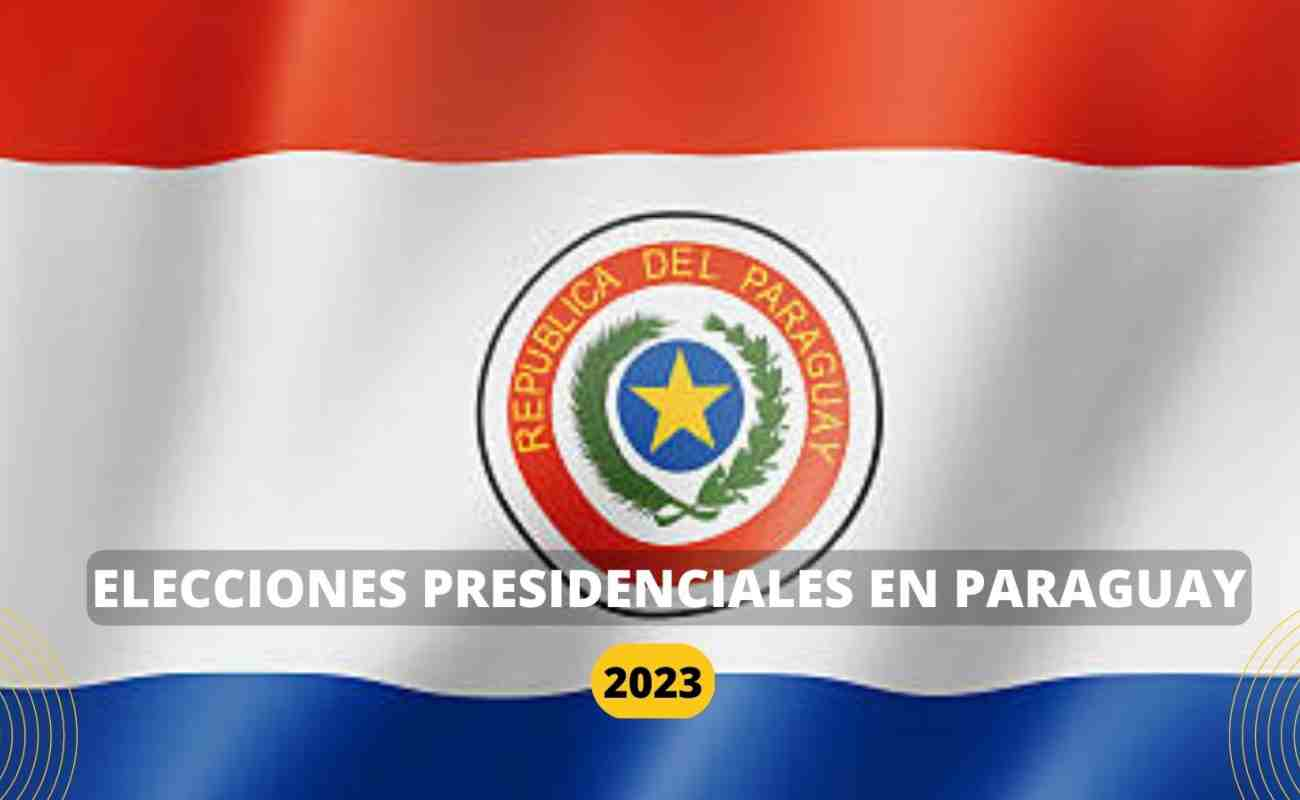
Struggle continues in Paraguay against Stroessner's memory
By Roberto Morejón
In Paraguay's eighth general election since the fall of Alfredo Stroessner's dictatorship in 1989, there is a glimpse, though not a certainty, that the ubiquitous Colorado Party may give way to an opponent.
In seven and a half decades, the ruling Colorado Party, with a suffocating machinery, only lost one election, in 2008, when former bishop Fernando Lugo, who was ousted in a palace coup, triumphed.
On Sunday, Paraguayans are going to another election to choose among 13 candidates, in the midst of many doubtful polls due to the partiality with the ruling Colorado Party, predicting the victory of Santiago Peña, that is, the continuity of the regime.
But this time the governmental political collective is more fractured than in the past due to the divergences between the outgoing President Mario Abdo Benítez and the former President Horacio Cartes, the latter being Santiago Peña's sponsor.
In this unfavorable situation for the colorados, a well-known figure in Paraguayan politics, the opposition Efraín Alegre, burst in, in his third attempt to become Head of State.
Alegre denounced corruption, clientelism and the non-fulfillment of Abdo Benítez's promises, in a country with a solvent macro-economy and severe deficiencies in public services.
In Paraguay, where it is attributed to the colorados to benefit from fraud as Stroessner did, there is still a risk of vote buying, according to opponents.
However, this margin of maneuver seems insufficient today in view of the dilemma created by the United States, traditional supporter of the colorados, but now in opposition to Horacio Cartes, whom they accuse of corruption.
Inevitably, the accusations against Cartes spill over to his dauphin Santiago Peña.
On the opposite side of the aisle emerges Efraín Alegre, former minister of Public Works in Lugo's government and president of the Authentic Radical Liberal Party, at the head of a center coalition, called Concertación Nacional.
Alegre generates enthusiasm by promising a parity government, reviewing relations with Taiwan and rejecting dirty money from organized crime.
If he wins, he says, there will be changes, a purpose cherished by many in Paraguay, especially among that fifth of the population which, according to the World Bank, suffers from poverty.
Alegre and his collaborators know that the elites and the divided and not liquidated Colorado Party will try to consolidate continuity.

